The daughter of a shepherd and an embroiderer is in the running to win a Nobel Prize
The Spanish biophysicist Eva Nogales has just received the $1.2 million Shaw Prize for revealing the atomic intricacies of human beings
The Spanish biophysicist Eva Nogales has just received the $1.2 million Shaw Prize for revealing the atomic intricacies of human beings
The scientist is one of the star signings of Altos Labs, a multinational company with a $3-billion budget that aims to extend human’s health span

Four scientists from Barcelona have created the first map of the vulnerable sites of the KRAS gene, whose mutations, often associated with smoking, cause millions of tumors
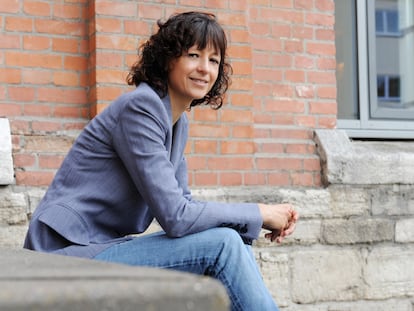
The approval of the first DNA editing therapy opens the door to a revolution in the treatment of a multitude of diseases, such as cancer
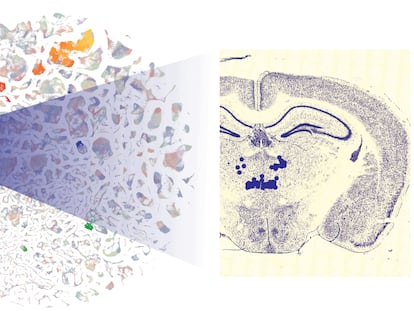
A billion-dollar consortium has revealed for the first time the deep organization at play within a mammal’s thinking organ

Engineer María Passas Varo’s team reveals the causes of a strange electrical phenomenon, which draws spectral figures in storms
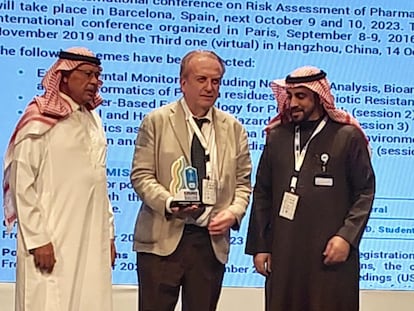
Following a scandal uncovered by EL PAÍS and involving fake affiliations, Saudi Arabia has lost 30% of the highly-cited researchers it previously boasted about, which will cause its universities to plummet in the international rankings
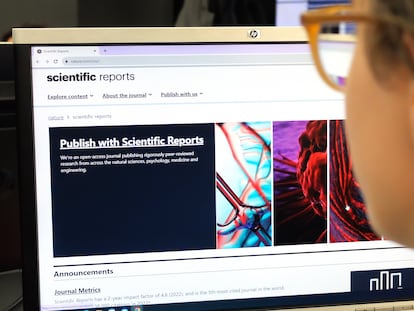
A study reveals that academic megajournals ‘Scientific Reports’ and ‘Nature Communications’ have cornered the market
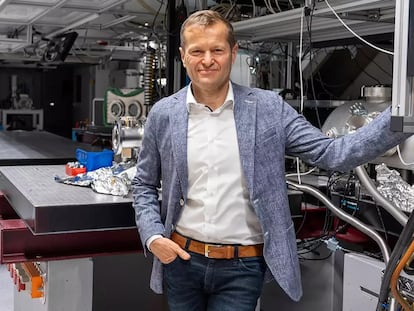
The Hungarian physicist is using attosecond science to try to detect malignant tumors in such early stages that it becomes much easier to cure them
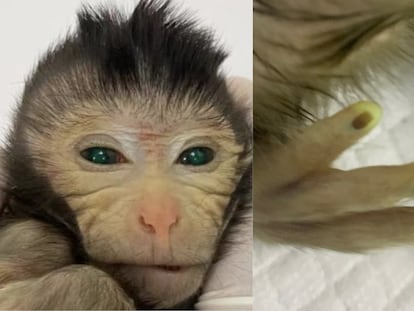
Spanish scientist Miguel Angel Esteban has joined forces with Chinese researchers to create a primate that has two thirds of its cells from another monkey embryo and could help with research on human disease, such as Alzheimer’s
A new study shows that similar galaxies existed 11.7 billion years ago, when the universe was barely 15% of its current age

The academics were allegedly paid up to €70,000 a year for falsely stating that they worked for Saudi institutions

The mysterious dense layers of the Earth’s mantle could be remains from our planet’s collision with the protoplanet Tea 4.5 billion years ago

An analysis suggests that some academic publishers have multiplied their income thanks to accepting trivial studies en masse
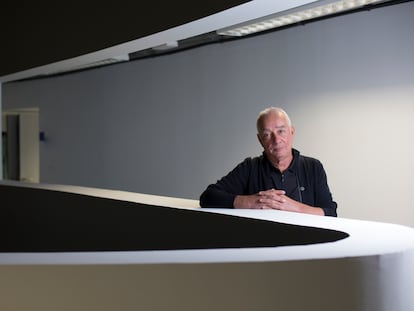
The director of the National Institute of Toxicology and Forensic Sciences denies the existence of an abduction ring involving 300,000 newborns in Spain after investigating hundreds of cases
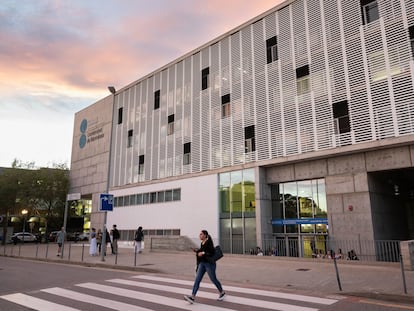
Three institutions are trying to ascertain the origin of the infectious Creutzfeldt-Jakob disease samples discovered in the biochemist’s laboratory. The 45-year-old investigator died in 2022
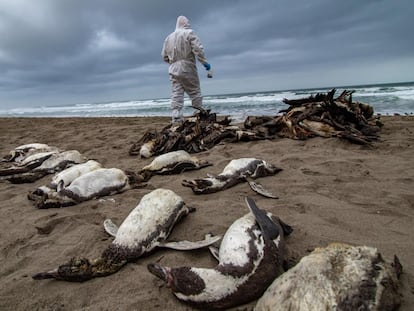
A study on virus evolution warns of imminent outbreaks after November’s large migrations

The French scientist’s work unveiled the hidden world of electrons for humanity to explore

The engineer Rubén González Crespo, one of the most cited researchers in the world, and other academics in Spain claim to be victims of a sketchy Indian professor. Together they have 16 retracted papers

The Swedish Academy announced the winners, Moungi Bawendi, Louis E. Brus and Alexey Ekimov, amid great confusion after the institution sent a statement to the Swedish press hours before officially making the decision
There are over a dozen transmissible tumors in mollusks, the Tasmanian devil and even dogs, but cases in humans are extremely rare

Placozoans separated from human beings 800 million years ago. They barely measure a millimeter, but their cells contain neuropeptides, which can transmit messages like neurons
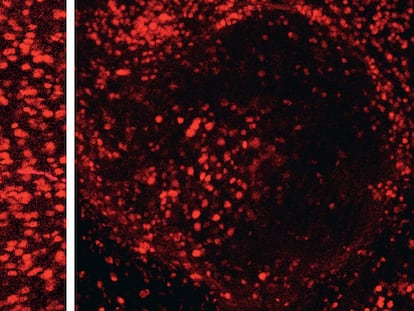
A team of scientists has managed to prevent neuronal death with oral drugs administered to rodents that have been genetically modified to imitate dementia
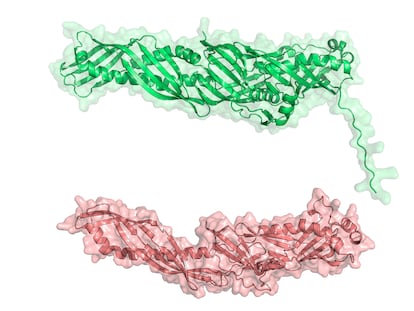
A new tool has successfully sorted the labyrinthine building blocks of life into clusters with similar structures for the first time
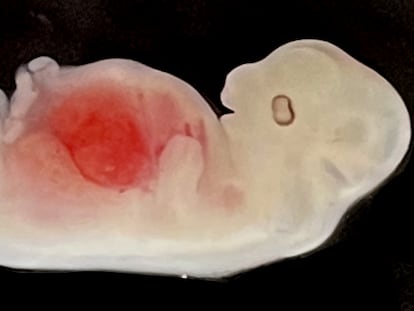
In an experiment that raises bioethical issues, researchers in China have generated a blueprint of a humanized kidney in a pig embryo

These ‘glutamatergic astrocytes’ could play a role in understanding disorders such as Alzheimer’s, according to the scientists who have discovered them
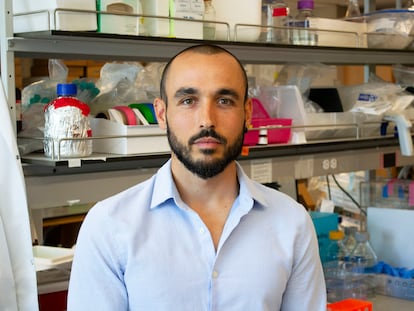
A team led by Spanish biochemist Miguel Reina has found a way to boost the white blood cells that destroy cancer cells